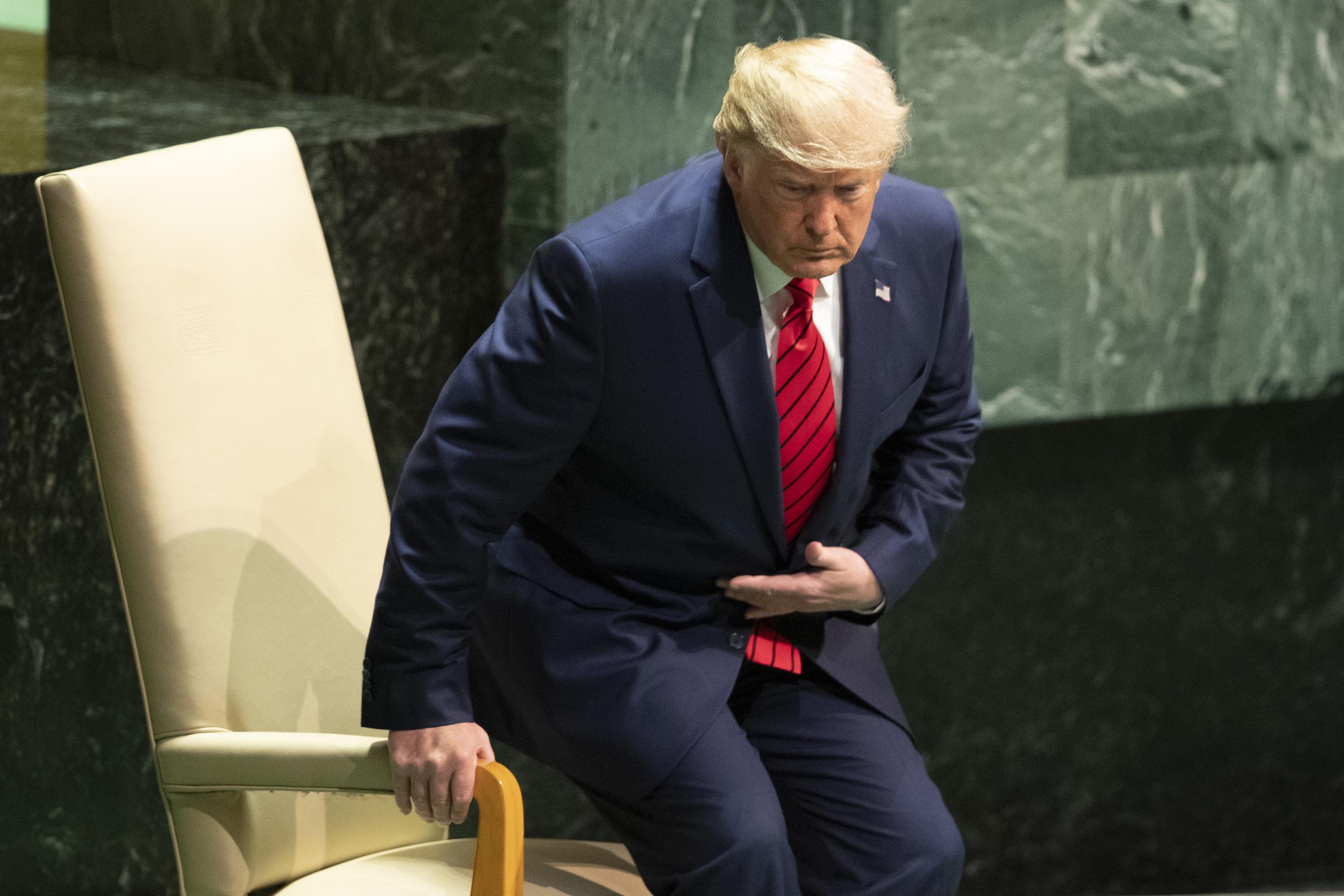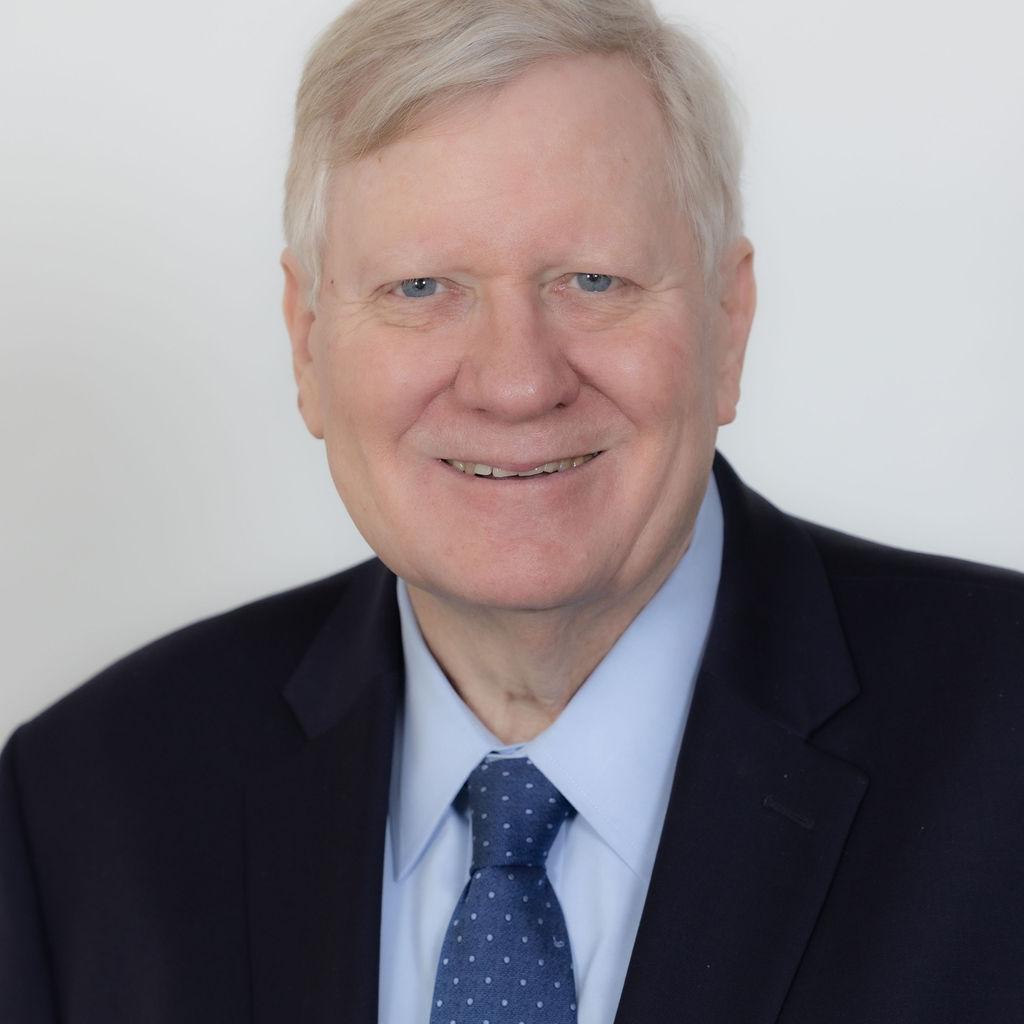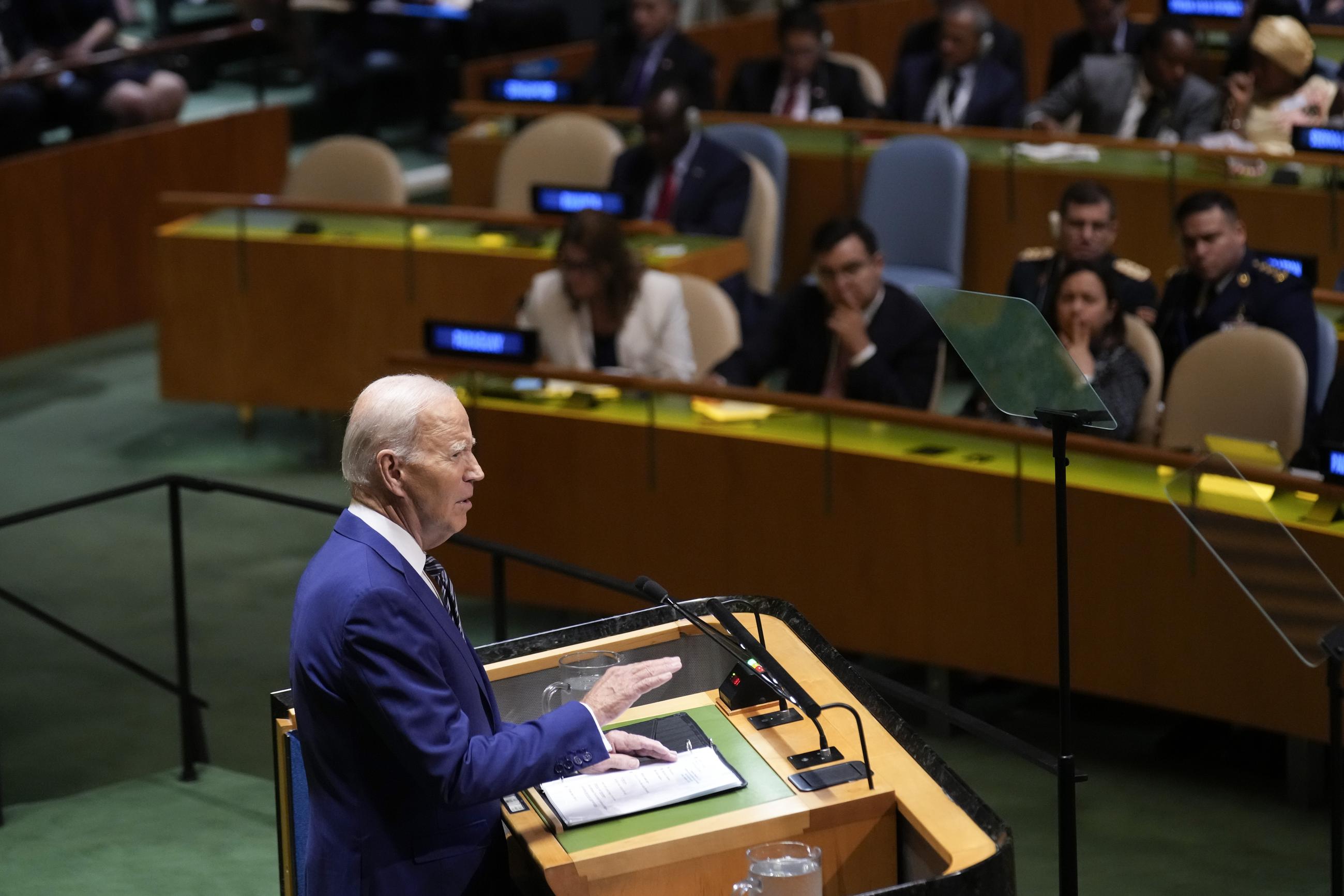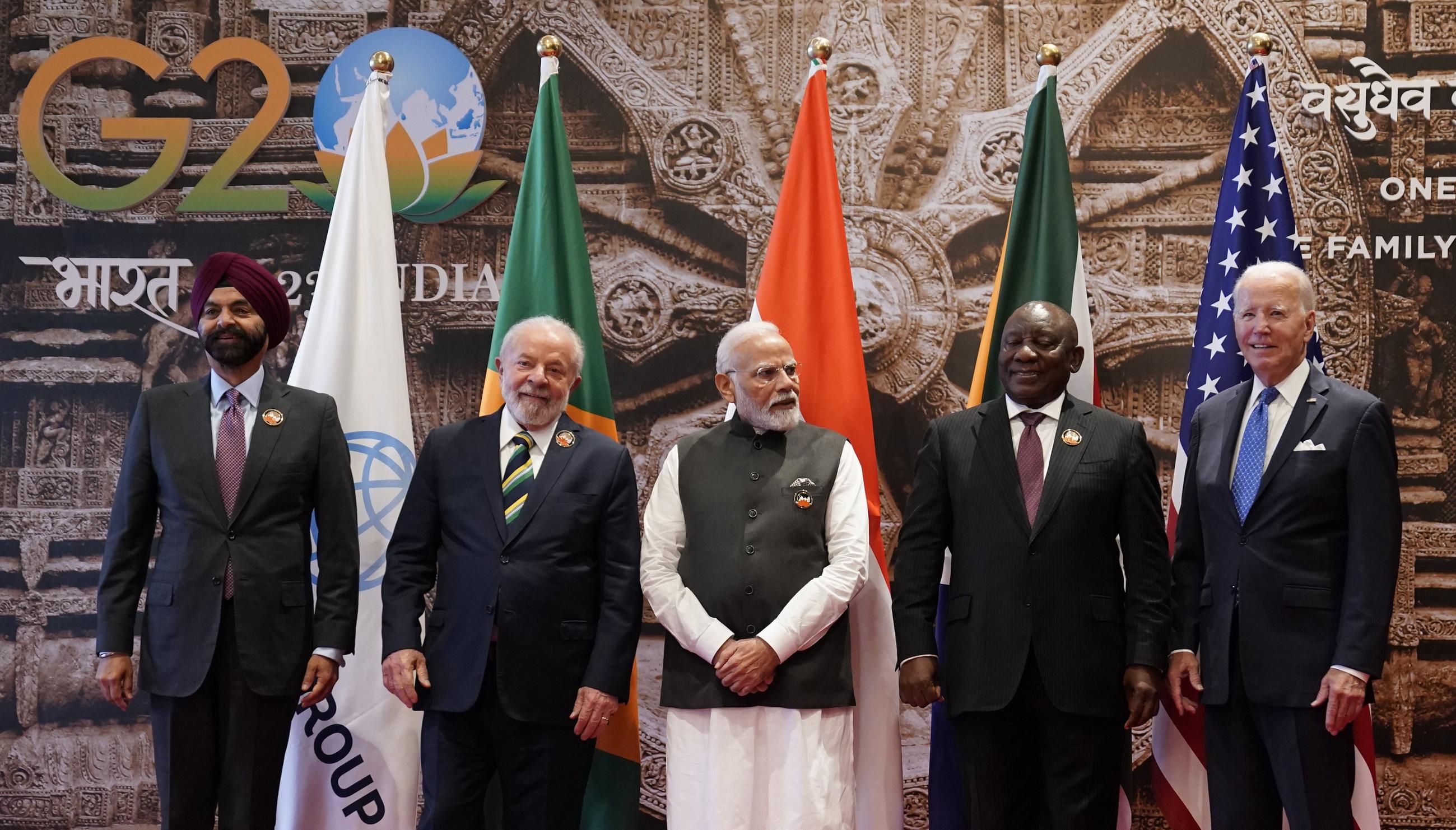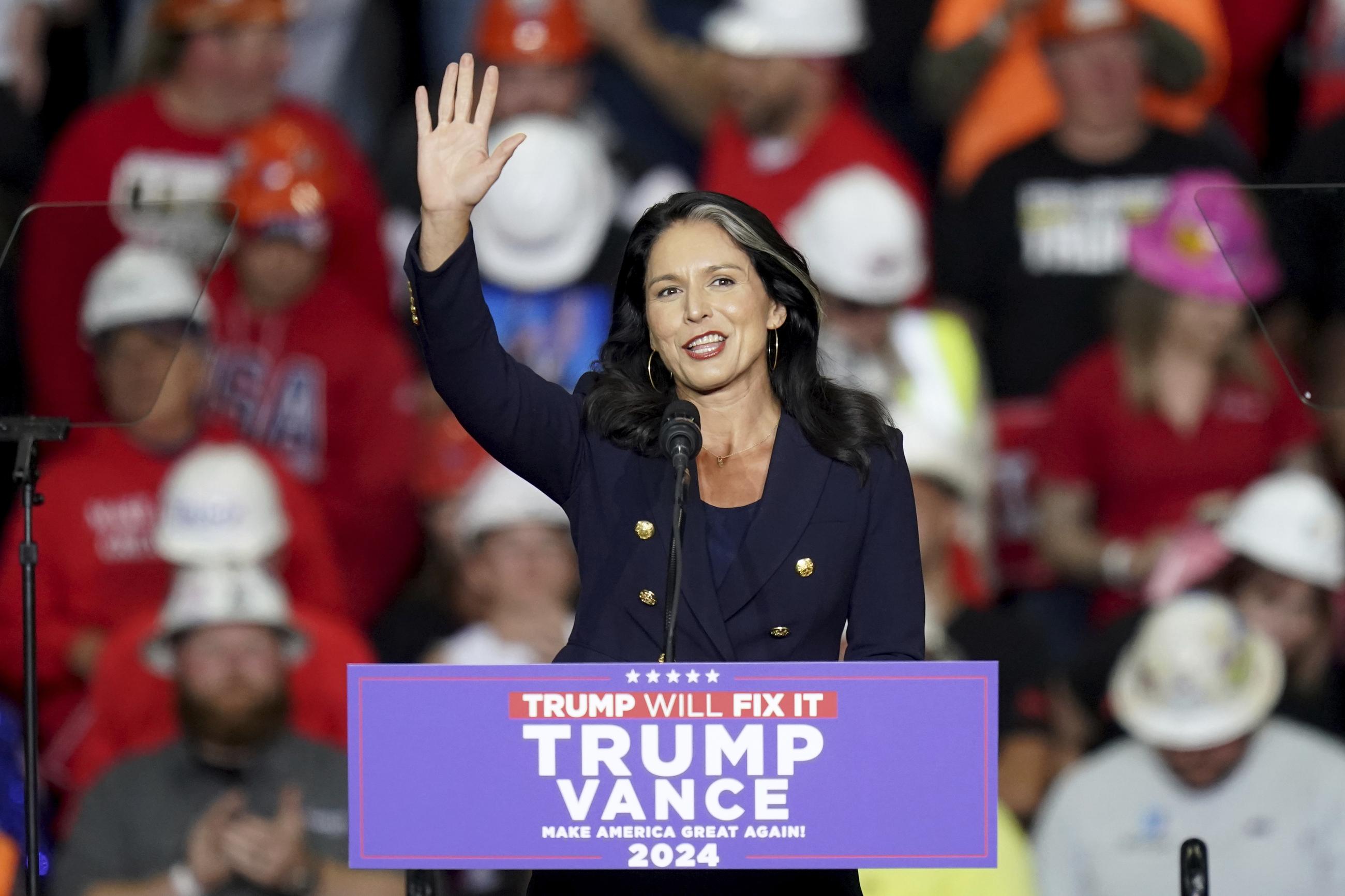When President Trump addresses the United Nations General Assembly on Tuesday, it will be the latest episode in a nine-year period of dramatically shifting American foreign policy, which has left diplomats at the U.N. whipsawed and questioning the constancy of America’s place in the world.
Trump’s first address to the world body in New York in 2017 started the diplomatic back-and-forth. It did so by ending a remarkable post-World War II and post-Cold War consistency in U.S. foreign policy, with presidents of both parties in broad agreement on goals and means. The newly elected Trump used his address that year to declare not just a sharp break from President Obama, but also from the bipartisan consensus started when Harry Truman became the first president to address the U.N.
Trump accentuated that break in his next three addresses, two in person and one by video because of the pandemic. Then President Biden brusquely yanked U.S. policy back toward the pre-Trump consensus with his four addresses, boldly declaring an end to Trumpist foreign policy.
Now it’s Trump’s turn to yank it back again. It’s enough to leave diplomats dizzy as they try to discern the direction of the world’s only true superpower and grapple with what Jon Alterman, a veteran of the George W. Bush State Department, called “radically shifting perspectives.”
Alterman, who holds the Zbigniew Brzezinski Chair in Global Security at the Center for Strategic and International Studies, said the zig-zagging “does undermine trust."
"Countries need to make long-term investments in security, diplomacy, and more," he said. "It takes some time for those investments to pay off.”
He said that while the uncertainty can mean that other countries are “much less likely to take the United States for granted,” it can also be damaging. “If U.S. policy shifts radically from administration to administration, countries are likely to trim their investments and to hedge against a much wider range of American behaviors. They become less likely to side with the United States decisively.”
The eight addresses to the General Assembly by Trump and Biden chart starkly different views of the world and of the shape of American leadership abroad—and neither the Republican nor the Democrat was subtle in championing those differences.
Trump aimed to show that he had “rejected the failed approaches of the past,” and to stab a knife in the heart of multilateralism, declaring in 2018, “We reject the ideology of globalism and we embrace the doctrine of patriotism.” He gleefully listed the many multilateral organizations and deals he had pulled out of, from trade agreements and the World Health Organization to the Paris climate accord, UNESCO, the U.N. Human Rights Council, and the Iran nuclear deal.
He was particularly scornful of the Iran deal, which he called “one of the worst and most one-sided transactions the United States has ever entered into” and “an embarrassment to the Untied States.”
At the heart of his speeches was "sovereignty," a word he used 21 times in the three speeches he delivered in New York. “In foreign affairs, we are renewing this founding principle of sovereignty,” he said in 2017, adding, “I will always put America first.”
Underlying his foreign policy, he said, was one firm principle: “We can no longer be taken advantage of or enter into a one-sided deal where the United States gets nothing in return.” In his final address—by video—in 2020, he blamed China for the pandemic, demanding that: “The United Nations must hold China accountable for their actions.”
When Biden went to New York in 2021, U.S. policy pivoted 180 degrees. “This devastating pandemic” became a challenge to “the global community” rather than an occasion to cast blame. With the United States returning to the WHO, Biden boasted, “We’re back at the table in international forums, especially at the United Nations, to focus attention on shared challenges.”
Sovereignty, cited 21 times by Trump, got only a single mention from Biden. Climate, which was mentioned only once and in a critical way by Trump, was a major part of Biden’s four addresses, cited 48 times. In 2023, the president called the climate crisis “an existential threat ... not only for us but for all of humanity.” He noted that he had rejoined the Paris climate accord.
Both presidents had tough, often personal, words for American adversaries—but their targets differed. Trump, in a famously bellicose passage in 2017, called North Korean leader Kim Jong Un “Rocket Man” and warned that the United States is “ready, willing, and able” to confront him. Trump spared Russian President Vladimir Putin from criticism, whereas Biden went after Putin for his invasion of Ukraine, accusing him of "war crimes” that “should make your blood run cold.”
Unlike Biden, Trump also injected domestic American politics into his U.N. speeches, often boasting about his accomplishments. Most famously, he drew mocking laughter in 2018 from the usually stoic U.N. audience when he led his speech with talk of “the extraordinary progress we’ve made,” claiming “my administration has accomplished more than almost any administration in the history of our country.”
The laughter threw Trump off his stride momentarily. “Didn’t expect that reaction,” he ad-libbed. “But that’s OK.”
Biden held his own self-praise in check until his valedictory 2024 address, after he announced his retirement. Even then, he often put it in terms of turning back Trump’s first-term policies and warning of a return to those days: “There will always be forces that pull our countries apart and the world apart: aggression, extremism, chaos, and cynicism, a desire to retreat from the world and go it alone.”
On Tuesday, Trump has a chance to show the world if Biden’s warnings were on the mark.

